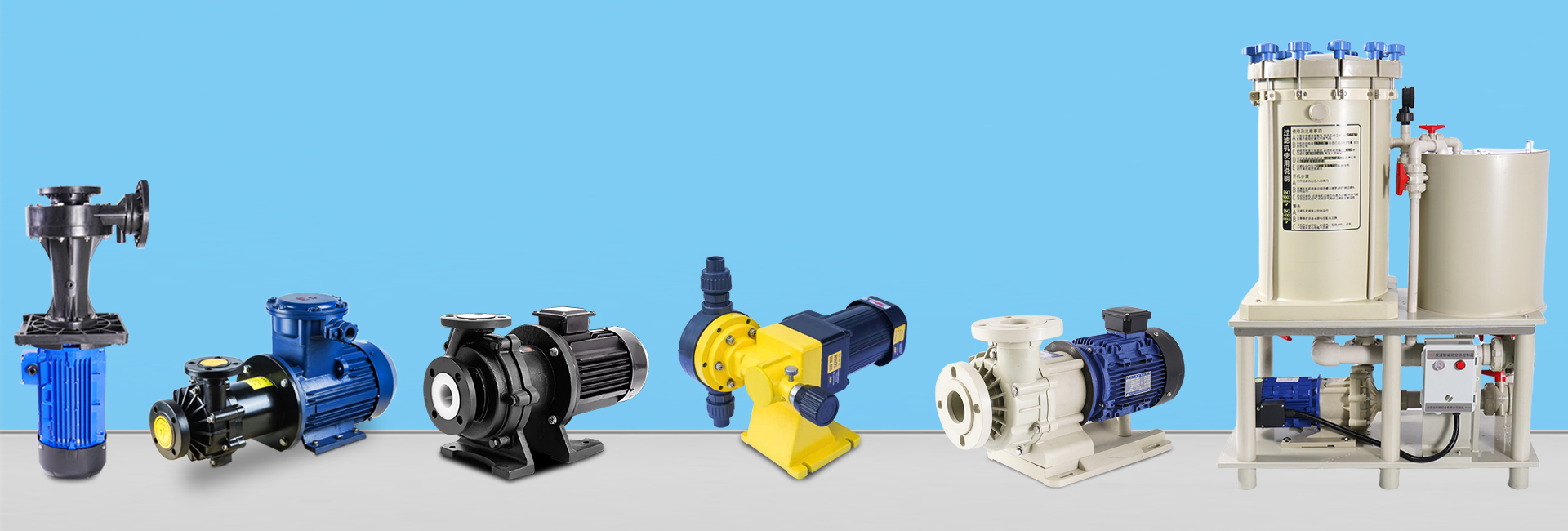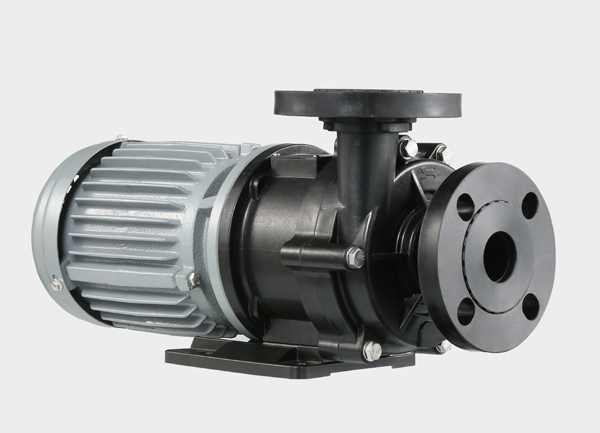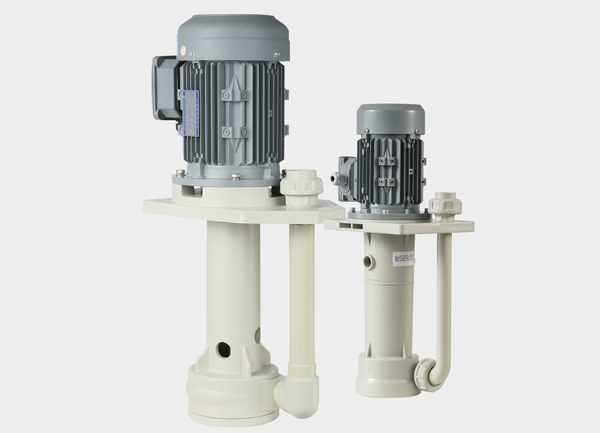Magnetic drive pumps are widely used in chemical, pharmaceutical, and industrial applications due to their leak-free design and high reliability. However, one of the most common issues during operation is magnetic coupling failure, which can lead to power transmission loss, overheating, and serious equipment damage if not addressed promptly.

This article explains the main causes, diagnostic methods, and practical solutions for magnetic coupling failure, helping users maintain stable and efficient pump performance.
1. Main Causes of Magnetic Coupling Failure
1.1 Overload Operation
When the pump operates far from its design point—especially at excessive flow rates—the load torque exceeds the magnetic torque, causing the inner and outer magnets to decouple (slip).
Symptoms: Motor runs but no liquid is discharged; abnormal vibration or heating in the pump housing.
1.2 High Temperature or Demagnetization
Magnetic materials (such as NdFeB) typically lose magnetism at temperatures above 120–150°C. When this happens, torque transmission fails completely.
Symptoms: The pump cannot restart even after cooling; permanent loss of magnetic strength.
1.3 Damaged or Improper Isolation Sleeve
A cracked or too-thick isolation sleeve can increase eddy current losses, reducing effective magnetic flux.
Symptoms: Difficulty during startup, unstable torque transmission, or magnetic decoupling.
1.4 Bearing Seizure or Rotor Lock
When the internal rotor cannot rotate freely due to bearing seizure or friction, the outer magnet continues rotating while the inner magnet remains stationary.
Symptoms: Grinding noise, strong vibration, or abnormal motor current.
1.5 Frequent Start-Stop or Shock Loading
Sudden torque shocks or frequent starts may damage or demagnetize the magnetic materials.
Symptoms: Intermittent transmission followed by total failure.
1.6 Foreign Particles in the Pump Chamber
Metal debris or impurities trapped between the isolation sleeve and inner magnet can cause jamming.
Symptoms: High starting current, noise, or reduced flow rate.
2. Diagnostic and Inspection Methods
| Inspection Item | Method | Observation |
|---|---|---|
| Motor Current | Monitor during operation | Sudden drop or surge indicates abnormal load |
| Rotor Rotation | Manually turn the shaft | Hard rotation = bearing or rotor jam |
| Isolation Sleeve | Visual inspection | Check for cracks, discoloration, or wear |
| Magnet Temperature | Infrared thermometer | Above 120°C may cause demagnetization |
| Flow & Head | Compare with design specs | Significant deviation = possible overload |
3. Solutions and Preventive Measures
3.1 Immediate Shutdown
If magnetic coupling failure or slippage occurs, stop the pump immediately to prevent further damage or overheating of the isolation sleeve.
3.2 Replace Demagnetized Components
Demagnetized magnets must be replaced.
For high-temperature applications, use SmCo (Samarium Cobalt) magnets, which maintain magnetic strength up to 250°C or higher.
3.3 Control Operating Conditions
Operate the pump within 70–120% of its rated flow.
Avoid dry running or long-term low flow operation.
3.4 Improve Cooling and Lubrication
Ensure that cooling circuits are unobstructed.
For high-temperature fluids, use external cooling systems or thermal barriers to protect the magnetic assembly.
3.5 Install Overload Protection
Equip the motor with torque limiters or overload relays to prevent magnetic decoupling under excessive load.
3.6 Prevent Impurity Ingress
Install a filter or strainer at the suction inlet to stop solid particles from entering the pump chamber.
4. Conclusion
Magnetic coupling failure in magnetic drive pumps is mainly caused by overload, demagnetization, bearing seizure, or isolation sleeve damage.
By maintaining proper operating conditions, optimizing the cooling system, using high-temperature-resistant magnetic materials, and conducting regular maintenance, users can significantly reduce failure risks and extend the pump’s service life.







